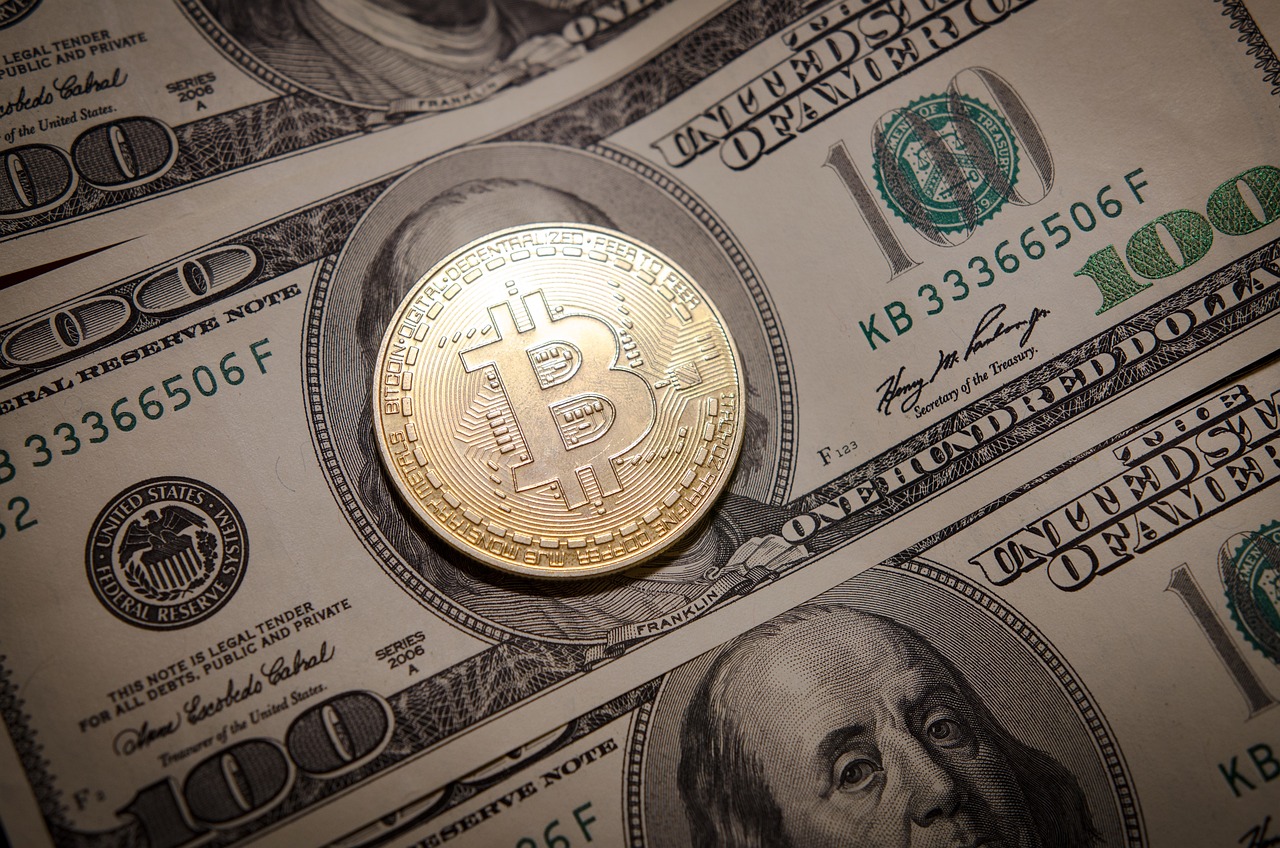Welcome to the age of Bitcoin! With its meteoric rise over the past decade, cryptocurrency has become a buzzword that’s hard to ignore. While traditional banking systems have been around for centuries, this new era of digital currency is quickly taking over as the preferred way to exchange value online. The hype surrounding cryptocurrencies like Bitcoin and Ethereum is no longer just a trend but rather an economic revolution that promises financial freedom and independence from centralized institutions. Today, we’ll explore why Bitcoin continues to soar in popularity and what it means for our future economy in this post-banking world.
Bitcoin’s History
Bitcoin’s history is a relatively short one when compared to other currencies or even commodities, but it is a history that is full of interesting events. Bitcoin was created in 2009 by an anonymous person or group of people known as Satoshi Nakamoto. The currency began to gain popularity and traction in 2010 when it was used to purchase illegal goods on the Silk Road, an online black market.
Since then, Bitcoin has been used for various purposes including investment, international money transfer, and even brick-and-mortar purchases. The value of Bitcoin has fluctuated greatly since its inception but has seen a general upward trend in recent years. As more and more people adopt Bitcoin and use it for everyday transactions, its history will continue to be written.
Bitcoin’s Future
The future of Bitcoin is shrouded in uncertainty. But, with the rise of cryptocurrency and the fall of traditional banking, it’s possible that Bitcoin could become a major player in the financial world. Here’s a look at what the future may hold for Bitcoin.
Bitcoin’s price has been volatile in recent years, but it seems to be on an upward trend. If this continues, Bitcoin could become a major currency. However, there are some obstacles to this happening.
First, governments could crack down on Bitcoin. This would make it difficult to use Bitcoin for everyday transactions. Second, banks could start using blockchain technology, which would make Bitcoin obsolete.
Despite these obstacles, there’s a chance that Bitcoin could become a major force in the financial world. It’s possible that we’re on the verge of a new era where cryptocurrency plays a big role. Only time will tell what the future holds for Bitcoin.
What is Bitcoin?
Bitcoin is a decentralized digital currency, without a central bank or single administrator, that can be sent from user to user on the peer-to-peer bitcoin network without the need for intermediaries. Transactions are verified by network nodes through cryptography and recorded in a public distributed ledger called a blockchain. Bitcoin is unique in that there are a finite number of them: 21 million.
Bitcoins are created as a reward for a process known as mining. They can be exchanged for other currencies, products, and services. As of February 2015, over 100,000 merchants and vendors accepted bitcoin as payment.
How to Use Bitcoin
Bitcoin is a decentralized digital currency, without a central bank or single administrator, that can be sent from user to user on the peer-to-peer bitcoin network without the need for intermediaries. Transactions are verified by network nodes through cryptography and recorded in a public distributed ledger called a blockchain. Bitcoin is unique in that there are a finite number of them: 21 million.
Bitcoins are created as a reward for a process known as mining. They can be exchanged for other currencies, products, and services. As of February 2015, over 100,000 merchants and vendors accepted bitcoin as payment.
Bitcoin Pros and Cons
As the banking system continues to crumble, many people are looking for alternatives. Bitcoin is one of the most popular cryptocurrencies on the market today. Here are some of the pros and cons of investing in Bitcoin:
Pros:
1. Bitcoin is decentralized, so it is not subject to government or bank control.
2. Transactions made using Bitcoin are fast and secure.
3. There are no transaction fees associated with Bitcoin.
4. Bitcoin is a global currency, so it can be used anywhere in the world.
Cons:
1. The value of Bitcoin is volatile and has been known to fluctuate rapidly.
2. Because it is decentralized, there is no customer service or protection if something goes wrong with your transaction.
3. There are still relatively few businesses that accept Bitcoin as payment, so it can be difficult to use your coins.
Conclusion
The rise of cryptocurrency has been nothing short of remarkable. From its humble beginnings as a fringe technology to now being embraced by mainstream institutions and investors, it’s clear that the post-banking era is upon us. The fact that bitcoin and other cryptocurrencies have seen a meteoric rise in value speaks volumes about their potential as investments and stores of value. With more regulatory clarity on the horizon, we are likely to see even greater adoption in the near future – changing money as we know it forever.




